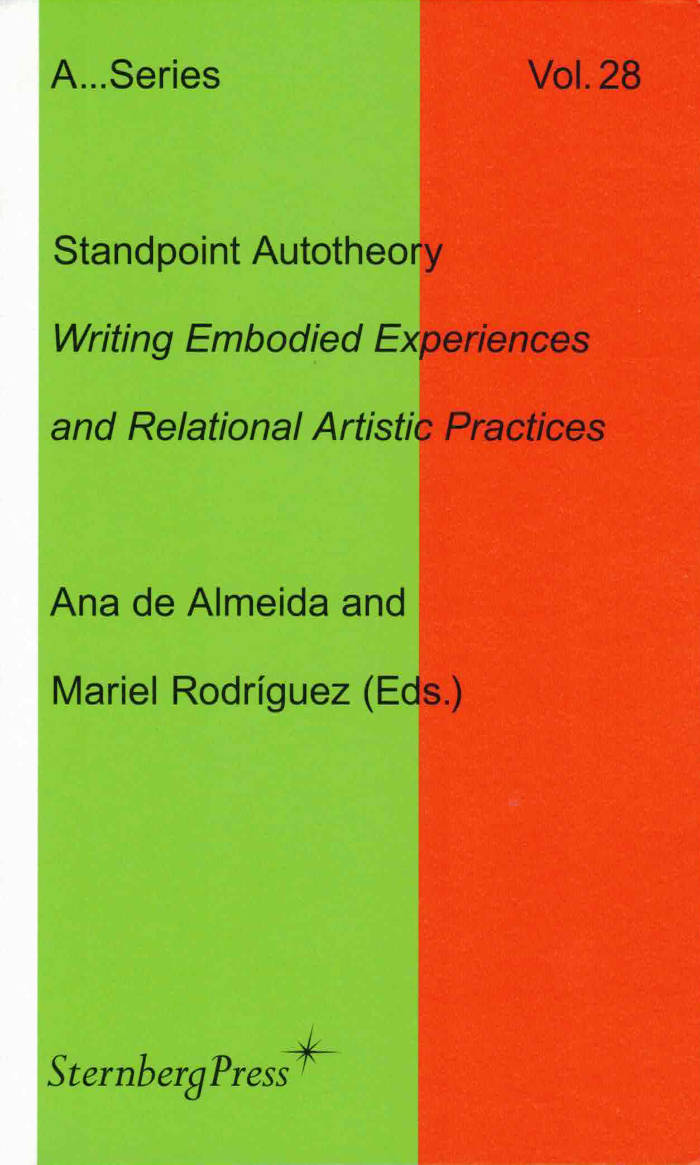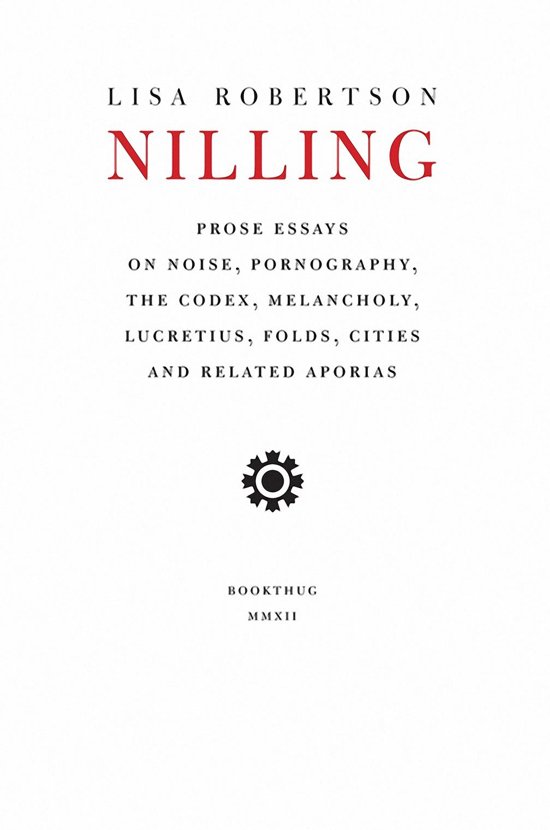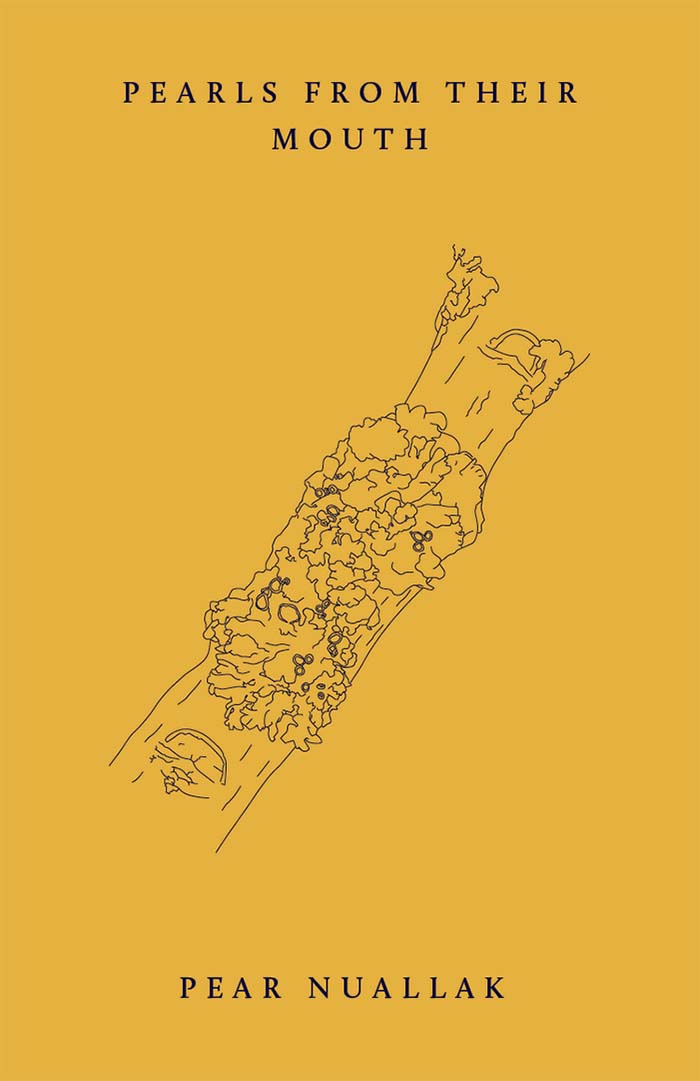
The Contemporary Condition - Contemporaneity in Embodied Data Practices
Cornelia Sollfrank, Felix Stalder
What parallels are there between a human pranayama practitioner and a migratory bird in heavily datafied environments? In Contemporaneity in Embodied Data Practices, two artistic field studies provide the starting point for a dialogical reflection on the entangling of diverse temporalities in body-related, datafied, and experiential practices. Shifting through biological, historical, and technological rhythms, Cornelia Sollfrank and Felix Stalder unfold their respective more-than-human frames of reference and arrive at specific forms of agency in the contemporary moment. Published in partnership with the Centre for Research in Artistic Practice under Contemporary Conditions at Aarhus University.







